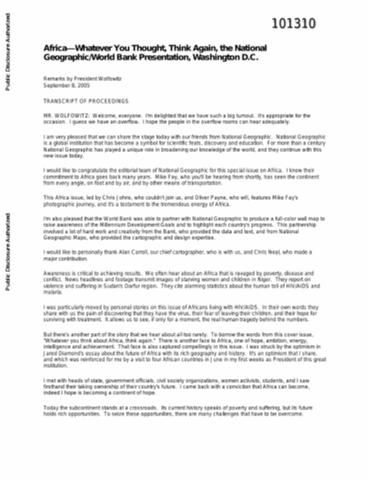Cultivating Women’s Rights for Access to Land
Country analysis and recommendations for Afghanistan, Bangladesh, Burkina Faso, Ethiopia, Ghana, Guatemala, Malawi, Mozambique, Uganda, Viet Nam. Analyzes the de jure and customary discriminations faced by women in terms of land access in these 10 countries.



